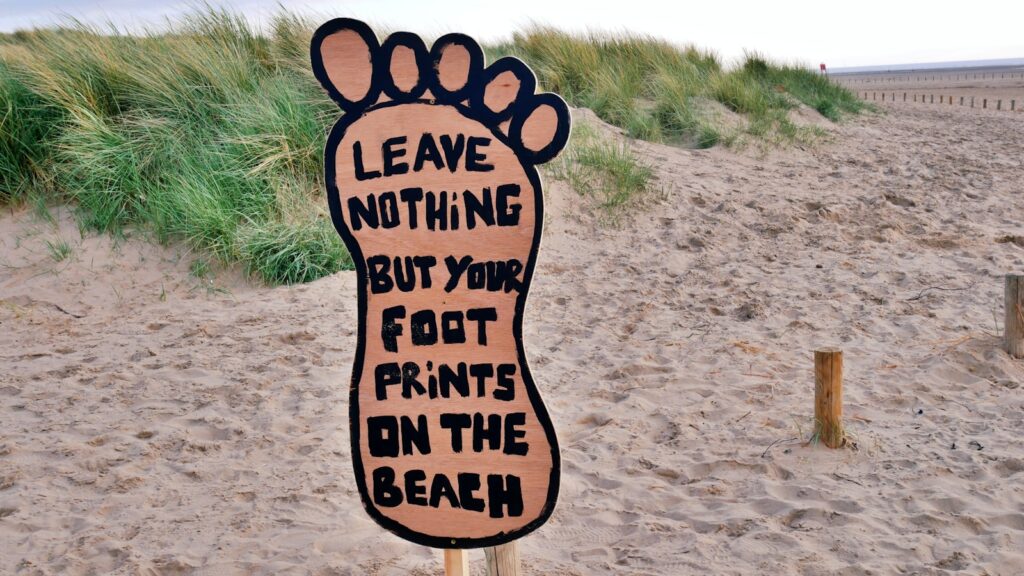Travel is exciting, but it often disrupts our routines. Long flights, different time zones, and unfamiliar foods can leave even the most seasoned traveler feeling drained. Staying healthy on the road doesn’t require perfection—just a few intentional habits that keep your body and mind balanced while exploring new places.
Prioritize Nutrition and Hydration
Airports and highways are full of tempting but unhealthy options. Packing snacks like nuts, fruit, or protein bars ensures you have access to healthier choices. Once at your destination, aim for balanced meals that include vegetables, lean proteins, and local specialties prepared fresh.
Hydration is equally important. Carry a refillable water bottle and sip throughout the day, especially on flights where dehydration is a common issue. Staying nourished and hydrated helps maintain energy for sightseeing and reduces travel fatigue.
To go deeper into mindful dining, see Why Food Tourism Is the Future of Travel.
Make Movement a Priority
Sitting for long stretches on planes, trains, or buses can stiffen muscles and sap energy. Simple strategies—such as walking during layovers, stretching in your hotel room, or taking the stairs instead of the elevator—add meaningful activity to your day.
At your destination, look for opportunities to move that double as exploration. Walking tours, bike rentals, or short hikes are excellent ways to stay active while immersing yourself in the local culture. According to the CDC, even moderate physical activity improves mood and reduces fatigue, making it especially valuable during travel.
Prioritize Sleep and Rest
Jet lag and packed itineraries often disrupt rest, but sleep is crucial for health on the road. Adjusting your schedule before departure, using sleep masks or earplugs, and limiting caffeine late in the day can make a big difference.
Don’t underestimate the value of downtime. Even a short afternoon rest can help restore your energy and keep you present for evening activities. For more strategies on self-care, see The Rise of Wellness Retreats in 2025.
Protect Your Immune System
Travel exposes you to new environments, climates, and germs. Carrying hand sanitizer, washing your hands frequently, and being mindful of hygiene in airports and crowded places can help reduce the risk of illness. Supporting your immune system with vitamins, fresh foods, and adequate sleep also keeps you resilient on the road.
Balance Indulgence with Moderation
Sampling local cuisine is one of the best parts of travel, but overindulgence can leave you sluggish. Enjoy treats in moderation while balancing them with lighter meals and plenty of water. This approach enables you to savor new flavors without compromising your overall wellness during your journey.
Manage Stress and Mental Health
Travel is full of surprises, from delays to language barriers. Preparing mentally helps reduce stress when things don’t go as planned. Practices such as deep breathing, journaling, or brief meditation sessions can help create calm amid the chaos.
Staying connected with loved ones back home also supports emotional balance. A quick call or message can provide comfort during extended periods of absence.
To keep a calmer rhythm in your adventures, check out Travel Planning for Introverts: How to Avoid Burnout on Trips.
The Takeaway
Staying healthy while traveling doesn’t mean sticking to strict routines—it means making small choices that add up. By prioritizing nutrition, movement, rest, and mental health, you can feel your best while still enjoying new experiences. With a bit of preparation, wellness can be part of the journey itself, ensuring your travels are both memorable and sustainable.




